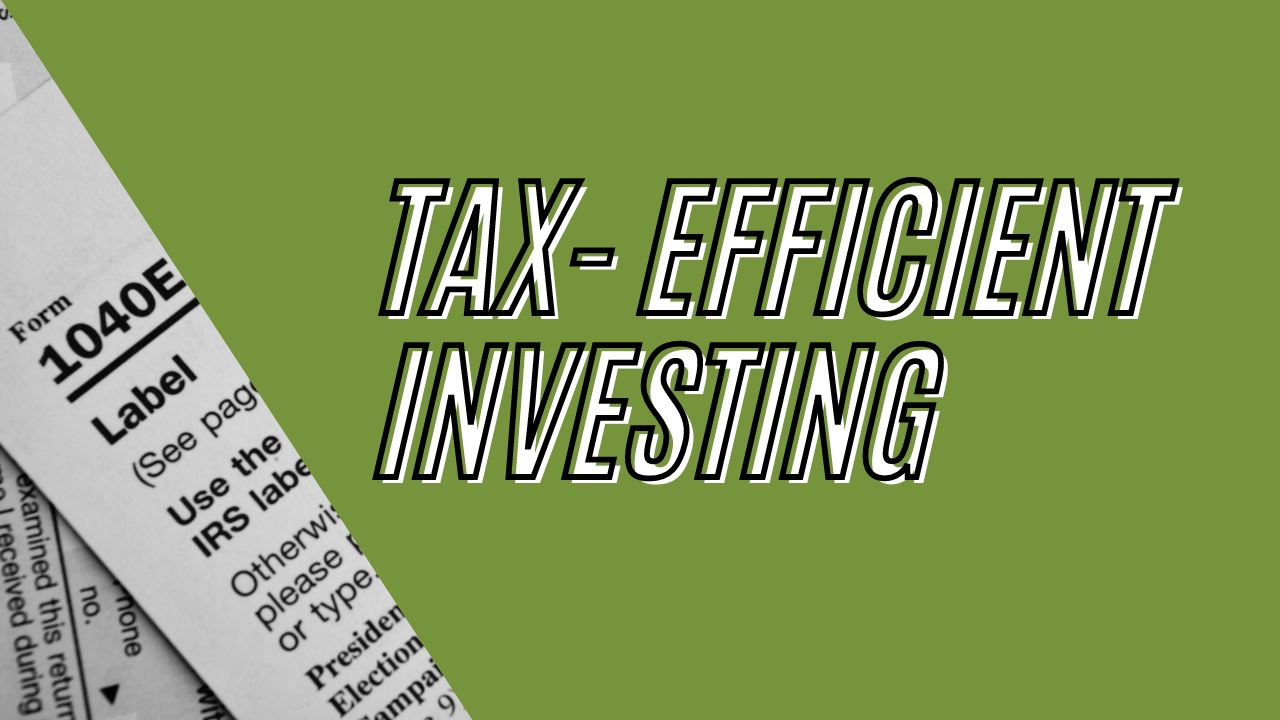How to Manage Your Money
- Blog
- How to Manage Your Money
How to Manage Your Money
- By CWG Advisors
- March 19, 2021
- 0
How to Manage Your Money – 10 Step Actions
1. Set up the RIGHT accounts
The first step to manage your money (or manage your finances) is making sure you have the right accounts set up. If you have not already done so, you’ll need to set up checking, saving, and investment accounts. These are the building blocks of financial success.
2. Review your current financial situation
What financial assets do you have? How much debt do you have? A net worth statement is a financial balance sheet, the total of your assets (what you own) minus your liabilities (what you owe in debt). Preparing a net worth statement will help you assess your overall financial situation and make wise decisions.
3. Give your money a job
Without a budget in place, it is extremely easy to overspend. If you say yes to too many unnecessary expenses, then you might be disappointed with your savings. Plan out how you want to use your money and for what expenses.
4. Set money goals
If you are getting serious about your money, then setting goals is a great place to start! It could be having a certain dollar amount in your savings account or ensuring that you have a safety net in the event you need extra capital.
5. Check-in with your finances every day
You can’t make progress without knowing where you stand. Take five minutes every day to check in with your budget. Are you overspending? Are you right on track? It’s important to know. It might sound tedious to check into your financial situation every day. However, it doesn’t need to take a long time. At Cornerstone Wealth, we use a program called eMoney but there are numerous ways to accomplish this.
6. Truly understand your income
This might seem obvious, but it is important to understand exactly what you earn. Take a minute to determine your net income after taxes, not just your gross income. You’ll be more able to accurately budget with this number and plan for tax season.
7. Start paying down debt & stop accumulating it
Debt is a huge financial burden and it’s easy to get caught up in the ‘paycheck to paycheck cycle’. Not only does it affect your current budget, but also your savings for the future. Managing your finances can be difficult when debt is high so take your debt seriously and make it a priority to pay down. Consider different debt repayment strategies and pick one that works best for you. Debt will ultimately affect your credit score. Your credit score is a three-digit number that can have a big impact on your finances. Lenders are willing to offer borrowers with high credit scores better loan terms and lower interest rates. As you apply for large loans such as a mortgage, a small interest rate reduction can save you thousands of dollars. You can check your credit score at creditkarma.com
8. Build an emergency fund
An emergency fund can be absolutely critical in order to manage your money. Unfortunately, life throws large expenses your way when you least expect it. Typically these emergency expenses are accompanied by unpleasant events such as a hospital visit or job loss. You never know when an emergency will appear in your life but you can prepare for it.
Make it a priority to put money into your emergency fund with each and every paycheck. Many experts recommend saving three to six months of expenses in your emergency fund. However, this will depend on your risk tolerance. If you would feel better with more savings, then you can add more to your emergency fund.
9. Plan for your ideal retirement
It is critical that you start saving for retirement as early as possible. At the very least, you should start contributing to any employer-sponsored retirement plans. Make sure to take advantage of any matching funds offered by your employer.
10. Start investing your money
If you plan to build long-term wealth, then investing is a key piece of that. Investing over a long period of time can lead to amazing returns. You’ll be able to grow your money slowly as you invest more every year.
Need help with managing your finances? Contact Us.
This is for informational purposes only. Investment advisory services offered through Cornerstone Wealth Group, LLC dba Cornerstone Wealth, an SEC-registered investment adviser.
Tax-Efficient Investing: Strategies for Minimizing Tax Implications
What the Appalachian Trail Can Teach You About Financial Planning
Elevating Financial Management with Cornerstone Wealth: Your Trusted Partner
Contact Info
- Phone:704-987-3410
- Email: info@cwgadvisors.com
Web: cwgadvisors.com








.png?width=180&height=138&name=Orange%20Bold%20Business%20Steps%20YouTube%20Thumbnail%20(1).png)